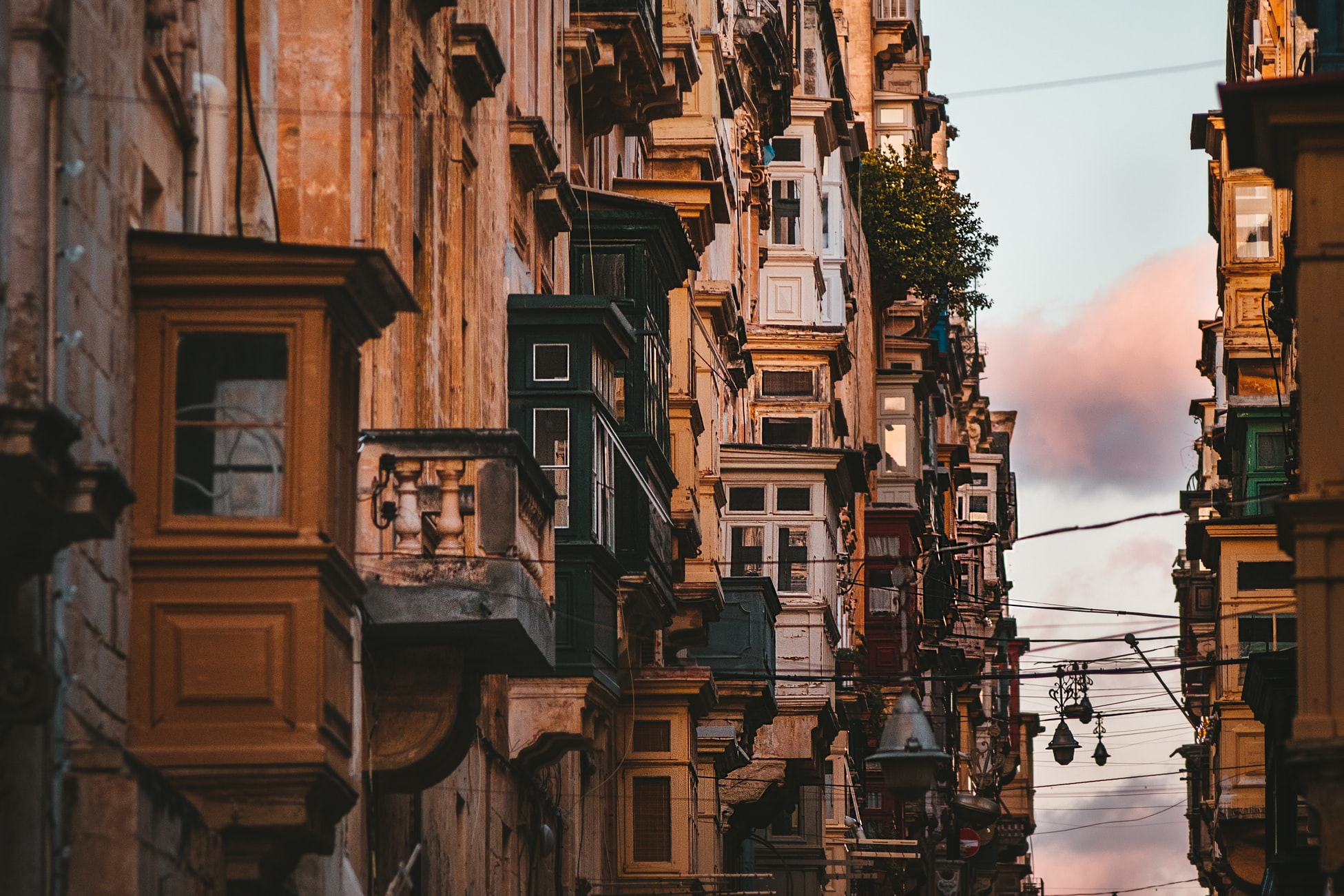COVID-19 is not just a public health emergency issue anymore. It is a security problem. Like many other regions in the world, the Mediterranean is going to be massively hammered by financial instability, social conflict and mass migration.
In the heart of the Mediterranean, there is, of course, Malta.
Malta has endured the coronavirus situation much better than most countries in the world. Still, that success might not be enough to guarantee its peace and tranquillity in the years to come. In security terms, the defence threats that will arise in the immediate years to come will determine the nation’s future international relations and foreign policy.
In a past life, when I was a former foreign correspondent, I had the opportunity to be a front-row eyewitness of the last two SARS epidemics (the avian flu in 2004 in Hong Kong and the 2011 swine flu in Mexico), which threatened everybody’s way of life. In those two moments, confusion reigned and the future looked grim. Everybody was scared but governments and scientists succeeded in controlling it.
This time is different. This time is simply mayhem. Yes, we all had a life before March 2020 but we were not able to control nature this time. Even if we develop and deploy a vaccine this year, or next year, in terms of resilience and inevitable conflict we have reached a point of no return. The faster we concede that and commence to make plans for tomorrow the better.
Malta’s way of life, its financial strength and its position as a key Mediterranean actor have been taken for granted for a long time. However, as the chief consequence of COVID-19, that position is going to be seriously menaced.
Bear with me: we are facing the economic downturn of the Western world, there will be waves of African immigrants that will use the island in their path towards the north – and the future battle scenario that will arise within the Mediterranean as a consequence of the virus is starting to become a reality. Have a look at Greece.
The first factor, the financial collapse, will experience very different faces in both the southern and northern Mediterranean coasts. From Madrid to Cairo, the aftermath of the virus will wipe out whole economies. The strongest ones – Spain, France, Italy – will meet the most profound industrial crisis since the 1930s and vital sectors such as tourism or air transport will be shattered.
It is not unlikely to see that most European partners are going to focus their efforts on reconstruction, reducing dramatically their inclination to project security and stability towards the Mediterranean. Or anywhere else, for that matter.
Meanwhile, in the south, amid the destruction, the remaining legitimacy of North African governments will decline, devising a scenario inclined to social friction in a massive scale, civil war and revolution. All that, just a few hundred miles away from the heavenly waterfronts of Mellieħa, Marsascala or Sliema.
The second threat, a cold-war like one, has to do a lot with ‘great powers competition’ in the region and the Mediterranean becoming a chessboard again. I talk to my friend and colleague Roman D. Ortiz. Roman, one of the most important geopolitical security experts in the Mediterranean, is based in Washington DC, where he works as a vice president at Cordillera Applications Group.
Malta has a good deal to win by having a clear foreign and defence policy
He is clear in one point: “Ramón, according to our analysis, the combination of public health, economic and political crisis unleashed by COVID-19 will provoke a dramatic increase in the level of conflict in the Mediterranean basin”.
For decades, the region’s security depended on the role executed by NATO and the EU as joint partners guaranteeing security in the area. That seems long gone. Both structures are now facing a severe crisis with some of their members developing policies based on their national interests and openly opposing other allies. This time, have a look at Turkey.
Europe was already facing a rapid increase of the inflow of population coming from its southern border as a consequence of the African demographic boom and the regional security crisis provoked by the Arab Spring. The collapse of the African and Arab economies will now lead millions of people to move north, and that includes Libyan migrants.
Let me throw some realpolitik here. As the security situation evolves and regional leaderships are redefined, Malta has the opportunity of becoming a pillar in the European framework and the Mediterranean theatre. Valletta has to interiorise it is going to become more strategic than ever.
What that conflict is going to look like, and what role Malta wants to play as a peaceful and strategic partner in the region, is the crucial question here.
The nation has been an honest global stockbroker in the international arena but that is not going to be enough in the next decade-and-a-half. Without betraying its foreign policy essence as a non-aligned country, a member of the Commonwealth (Brexit, oh, Brexit) and a European Union member, Malta will benefit from developing more active diplomacy and building alliances that will serve the island in the new context.
Relying on trustworthy international partners – and especially the US and big European powers – is vital to guarantee the security of the country against the storm that will come in the next decade-and-a-half.
Malta has been granted the opportunity to become a key actor within the Mediterranean in the years and decades to come. Joining forces with the West – and being precautious with China or Russia – is the only way to do so.
Malta has a good deal to win by having a clear foreign and defence policy in the future. Its role in the region is at stake.


